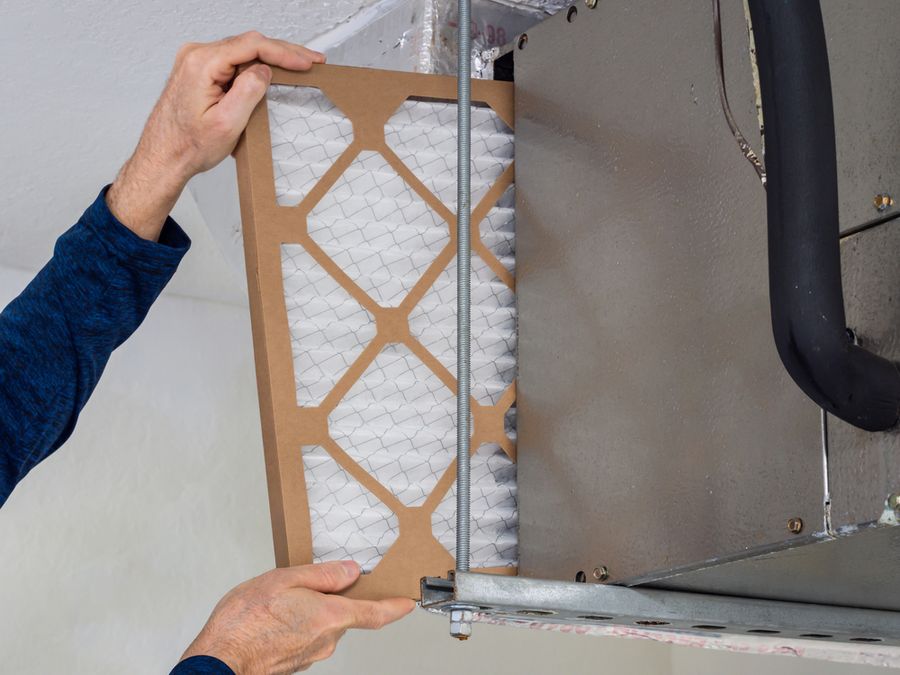HVAC systems are crucial for comfort and air quality in homes and businesses. Understanding installation, maintenance, and repair enhances efficiency and system longevity. Through careful sizing, regular upkeep, and troubleshooting common issues, both DIY efforts and professional services ensure these systems perform optimally, providing a comfortable and energy-efficient environment for all.

HVAC Installation: Getting It Right from the Start
The installation of an HVAC system is a complex process that demands careful consideration of several factors. Proper system sizing is paramount to achieving optimal performance. Contractors often use Manual J calculations to accurately determine the system size required, ensuring it is neither oversized nor undersized. This process helps in achieving efficient energy use and maintaining consistent indoor temperatures throughout the year . Additionally, the choice of system plays a crucial role in energy efficiency and environmental impact. Selecting systems with high SEER (Seasonal Energy Efficiency Ratio) ratings and eco-friendly refrigerants like R-410A can significantly reduce energy consumption and environmental footprint.
HVAC Maintenance: Ensuring Longevity and Performance
Regular maintenance is vital for the longevity and efficiency of HVAC systems. Preventative maintenance involves activities akin to routine car checkups, aimed at identifying potential issues early on. This proactive approach includes tasks such as changing air filters, cleaning condenser coils, and inspecting ductwork for leaks, all of which contribute to improved energy efficiency, reduced repair costs, and enhanced indoor air quality year-round . A comprehensive maintenance checklist helps in undertaking seasonal tasks essential for system performance, such as transitioning from heating in winter to cooling in summer.
DIY Maintenance vs. Professional Services
Homeowners should undertake straightforward DIY maintenance tasks like cleaning or replacing air filters every few months and clearing debris from outdoor units. These efforts are crucial for keeping energy bills in check and extending the lifespan of the units. However, more intricate tasks like refrigerant level checks, deep coil cleanings, and electrical inspections should be left to professionals. Professionals possess the necessary expertise to handle complex issues and conduct detailed inspections, ensuring that all components are functioning properly and efficiently .
Common HVAC Issues and Troubleshooting
Regular inspections help in identifying common HVAC issues such as clogged air filters, ductwork inefficiencies, and blocked condensers, all of which can restrict airflow and increase energy consumption. Simple troubleshooting steps can often resolve minor issues like insufficient heat or unusual noises. Moreover, enhancing energy efficiency through proper insulation, sealing windows and doors, and utilizing programmable thermostats can further improve system performance and reduce energy costs.
The Role of HVAC Professionals
Engaging professional HVAC technicians is critical for complex system diagnostics and repairs. Trained technicians not only address existing issues but also provide preventative services to maintain efficiency and prolong the lifespan of the system. They conduct detailed inspections, ensure optimal operation of all system components, maintain energy efficiency, and offer expert advice on extending system life and avoiding costly repairs .
Why You Should Learn More About HVAC Services
In an era where energy efficiency and comfort are paramount, understanding the intricacies of HVAC installation, maintenance, and repair has become increasingly important for homeowners and businesses alike. Each aspect of HVAC services, from precise installation to diligent maintenance and timely repair, contributes significantly to the system's reliability and performance. Learning more about these services empowers individuals to make informed choices that optimize both comfort and cost-efficiency. Embracing both DIY and professional maintenance practices ensures that HVAC systems deliver optimal performance, thus offering a more comfortable and energy-efficient environment. By staying informed, property owners can safeguard their investments, ensuring HVAC systems run efficiently and reliably.

